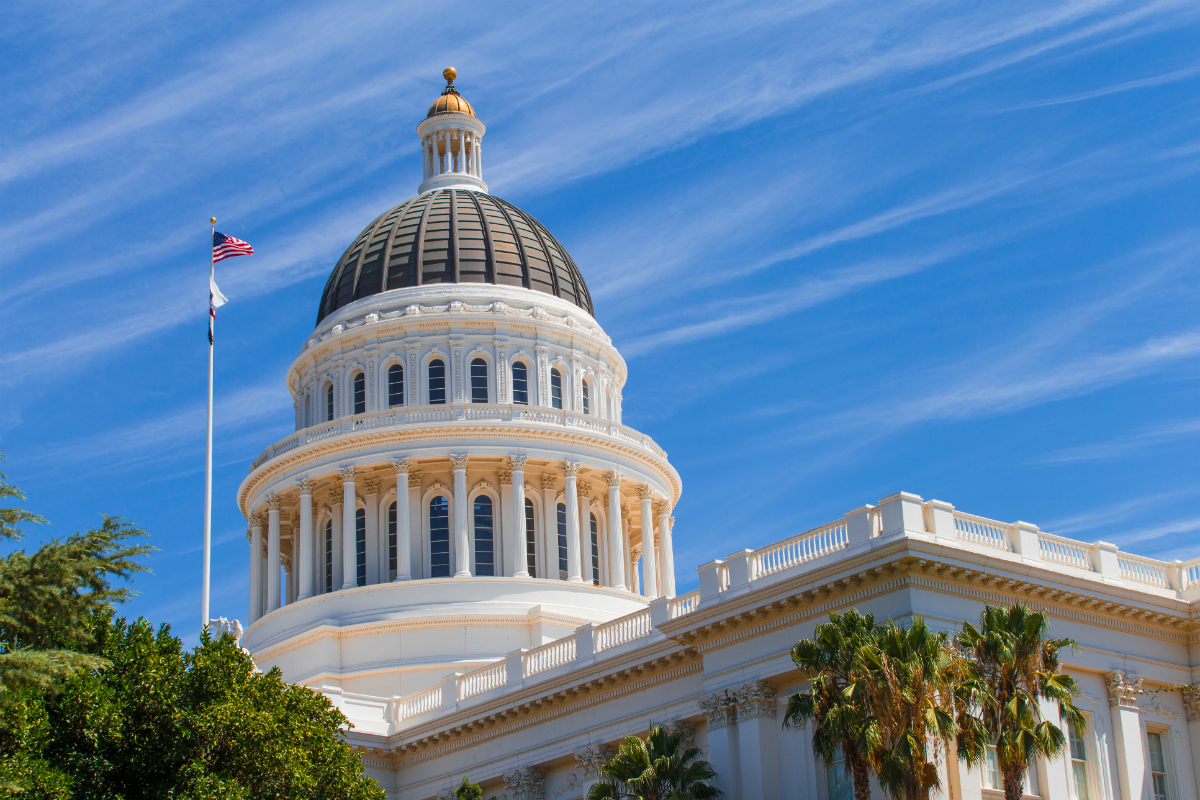After a long standoff, the Legislature and Gov. Gavin Newsom reached a final agreement on the 2023–24 state budget late on June 26. The final budget, executed in two follow-up bills known as “Budget Bill Jr.” and numerous budget trailer bills, will retain most of the wins achieved by CSBA’s advocacy. These bills fill in some of the critical details associated with the implementation of the state and include revised program funding levels and policy changes negotiated by the Legislature and Governor.
CSBA advocacy prevails in final deal
The budget deal, outlined in Budget Bill Jr., consisting of Assembly Bill 102 and AB 103, and education trailer bill SB 114, provides a Proposition 98 Guarantee of $108.3 billion (adopting the higher figure proposed by the Legislature). It will also increase the projected Proposition 98 Rainy Day Fund to $10.829 billion through the budget year, which continues to trigger the statutory 10 percent cap on local school district reserves. Small school districts with an average daily attendance of 2,500 or less and community-funded districts remain exempt from the reserve cap requirement.
CSBA’s advocacy, including the hundreds of members who met with the Legislature during the 2023 Legislative Action Week and in local meetings throughout the budget cycle, resulted in wins on three key priorities:
- Critical funding allocated for juvenile court and county community schools: Among the most important wins for CSBA county board of education members is the provision of a new funding model to support juvenile court and county community schools. The new funding model will increase the Local Control Funding Formula base rate for county office of education’s (COE) ADA; use an altered ADA calculation for COEs to be based on the greater of the current, prior or average of the three most recent prior fiscal years; provide a base allocation of $200,000 for a COE operating one or more juvenile court schools or community schools; and create a block grant equivalent to $3,000 per-juvenile court or community school ADA.
- Cuts to key block grants reduced: CSBA advocacy was also key to the reduction of cuts to the Arts, Music & Instructional Materials (AMIM) Discretionary Block Grant and the Learning Recovery Emergency (LRE) Block Grant. The final deal:
- Restores most of the cuts proposed to the AMIM Block Grant in line with the Legislature’s proposal, for a reduction of $200 million rather than the $1.8 billion proposed by the Governor in May. This is a 5.5 percent reduction to funding rather than the 50 percent cut proposed by the Governor in May.
- Strikes a compromise to reduce the LRE Block Grant by $1.6 billion, or 20.2 percent, rather than the $2.5 billion, or 32 percent, proposed by the Governor or the $494.5 million proposed by the Assembly, with trailer bill language declaring the intent to allocate $379 million in 2025–26 and 2027–28 for the grant.
- COLA and continued investment in big programs: CSBA advocacy to fully fund the LCFF cost-of-living adjustment (COLA) and remain focused on ensuring successful implementation of the large programs undertaken in recent years also paid off, as the final deal honors the statutory COLA at 8.22 percent for the LCFF and specified categorical programs, including special education and home-to-school transportation. The deal also fully funds major program expansions made in recent years, such as school transportation, universal transitional kindergarten implementation, universal school meals and more.
Changes to TK staffing requirements, Equity Multiplier proposal and more
Other major education details in the deal include:
- TK teacher ratio: Requires a 1:10 adult to student ratio in transitional kindergarten (TK) classrooms beginning in 2025–26 and strikes the language making this requirement contingent on funding being provided. Includes language that it is the intent of the Legislature to fund the ratio reduction.
- Equity Multiplier and LCAP reform: Adopts the $300 million Prop 98 General Fund as proposed in the Governor’s January Budget for an Equity Multiplier with amendments to allocate funds based on a school site’s socioeconomically disadvantaged pupil rate (defined as the rate of pupils meeting any of these criteria in the prior school year: neither of the pupil’s parents has a high school diploma, the pupil is eligible for free or reduced-price meals, the pupil is a migratory child, the pupil is a homeless child or youth, the pupil is a foster youth or the pupil is enrolled in a county juvenile court school) and Non-Stability Factor (defined as the percentage of students who are either enrolled for less than 245 continuous days between July 1 and June 30 of the prior school year, or exited from a school between July 1 and June 30 of the prior school year due to either truancy, expulsion, or for unknown reasons and without stable subsequent enrollment at another school). Also adopts additional accountability requirements for the Local Control and Accountability Plan and additional tools for the Statewide System of Support.
- ELO-P: Extends the timeline local educational agencies have to expend or encumber Expanded Learning Opportunities Program (ELO-P) funding received in 2021–22 or 2022–23 through the 2023–24 school year.
- TK early enrollment: Establishes rules allowing early enrollment in TK providing certain conditions are met, with a sunset date of July 1, 2025. Among other requirements, any classroom that includes an early enrollment child maintains an adult-to-pupil ratio of 1:10.
- Charter school extension: Provides that all charter schools whose term expires on or between Jan. 1, 2024, and June 30, 2027, shall have their term extended by one additional year.
- Charter school appeals: Amends existing law to authorize the State Board of Education to reverse charter school renewal decisions only upon a determination that there was an abuse of discretion by both the school district and the county board of education and provides that under the abuse of discretion standard of review, the State Board must give deference to the decisions of the governing board of the school district and the county board of education to deny the petition.
What’s next
The Governor must sign the initial budget bill, SB 101, no later than June 27 and the main budget must be finalized and signed before the July 1 start of the 2023–24 fiscal year. Final votes on the follow-up and budget trailer bills are ongoing in order to meet this deadline.




